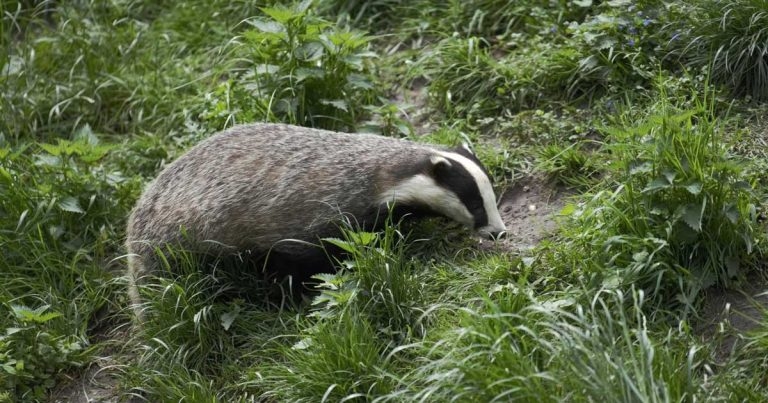9 Jan 2024
The Badger Trust has called for a coordinated non-cull approach to be adopted across Britain and an end to what it views as “anti-badger rhetoric” in policy.

A new report has called for a coordinated approach promoting the sustainable co-existence of farming and wildlife to bTB policy in Britain.
The document, published by the Badger Trust today (9 January), seeks an end to both the current programme of culling in England and what it describes as “anti-badger rhetoric”.
It also urges closer working between government and private vets, with the latter taking a more central role in tackling the disease, plus efforts to encourage more vets to become accredited TB advisors.
The trust has been a vociferous critic of the cull policy, which it estimates will have killed more than 250,000 badgers since 2013 once the current season is completed.
But it argued the new report, entitled “Tackling bovine TB together: towards sustainable, scientific and effective bTB solutions”, does represent a serious attempt to find “a collaborative way forward” against the disease.
Although the group has pledged to continue its fight for the cull to be scrapped, it said it wants to work with stakeholders from across the spectrum of opinions on the issue.
Badger Trust executive director Peter Hambly said: “We must collectively work together to achieve a future free from bTB, where native wildlife and farming practices can co-exist sustainably.
“The cattle versus badger rhetoric has gone on for too long as a divisive distraction to the complex issues behind the disease and the lack of policies and leadership in place.
“Only by bridging the gap in narratives around bTB will we find solutions to tackling bTB together.”
The shaping of bTB policy also has a political edge after Labour, which adopts a non-cull approach to the issue in government in Wales, indicated it would seek to end the English cull if it wins the general election expected later this year.
Although supporters of the cull maintain it is working to reduce disease levels, the report argues that non-cull strategies are already being applied in neighbouring countries and a single approach of that kind would be more effective here.
It said: “We must consider Britain as a single epidemiological unit, as disease does not respect political boundaries, and recognise that bTB is everybody’s responsibility.”